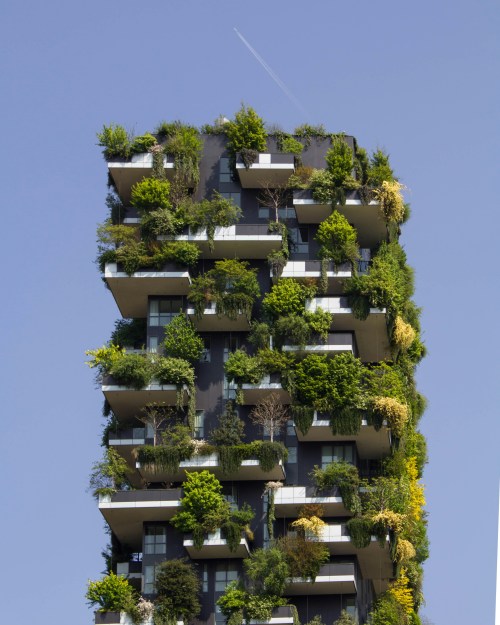
- Series editors
- Anne Beaulieu, University of Groningen
- Geographical Scope
- Global and local
- Chronological Scope
- Modernity to post-Anthropocene
- Editorial Board
- Olúwábùnmi Bernard, Obafemi Awolowo University, Nigeria
- Edgar Gomez, University of Texas Austin
- Stephanie Hobbis, Wageningen University and Research
- Nishant Shah, Chinese University of Hong Kong and Berkman-Klein Center for Internet & Society, Harvard University
- Paul Wouters, Leiden University
- Keywords
- knowledge infrastructures; political ecology; anti-colonialism; natureculture; environmental humanities; social epistemology; multi-species relations; collaborative survival
- Flyer
- Download flyer
Liveable Futures
The series provides a platform to articulate the ideals, relations and knowledge we need for liveable futures. The various contributions explore what is essential for political processes, institutions and scientific insights to garner sufficient trust and reliability. They also open up the question of what is crucial to further enable us to care—rather than discover, profit or exploit.
Liveable Futures are put forth as alternative aspirations to sustainability. Liveable ranges from likely to survive, to suitable for living in, to pleasant to live in. Such a sliding scale seems appropriate for uncertain times. Liveable is an adjective that provides more depth, more modulation to the possibility of flourishing than a neo-liberal economic focus on growth.
Liveable futures indicates that the possibility of survival—and therefore also the possibility of NOT living on—has to be taken into careful account. A liveable future is neither a measureable object (like growth), nor a certainty, nor an assessment (like sustainability), but a set of conditions that are good enough to live in.
The series aims to articulate and affect the political, scientific, material and symbolic configurations we use to make our worlds, and to help imagine the kinds of futures we want. It will include works that span one or more of the following fields or disciplines:
- Science and technology studies
- Environmental history
- Anthropology of science/technology/nature
- Environmental humanities
- Social Epistemology

